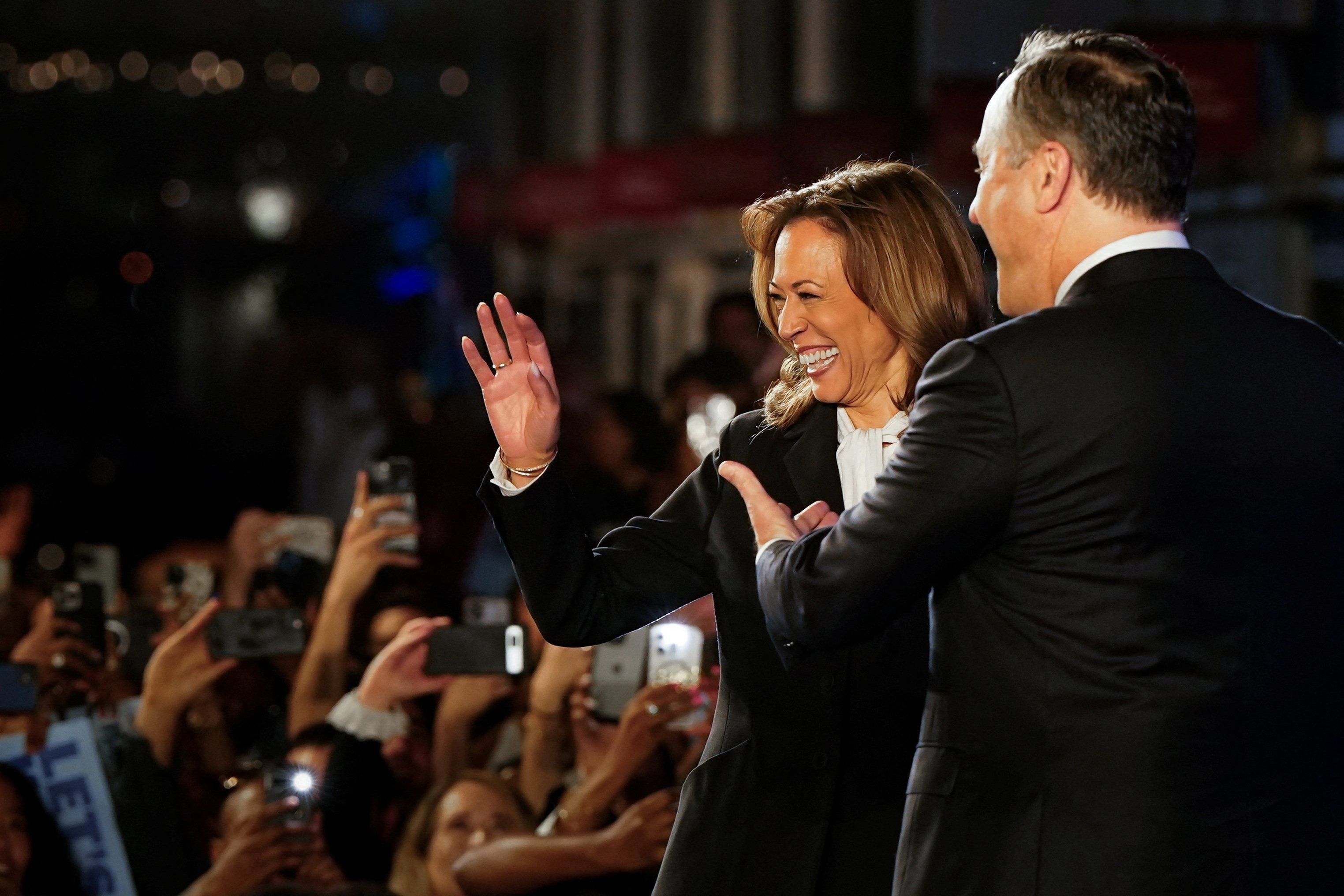The presidential debate marks the unofficial point of the race when the majority of Americans start paying attention. As the dust begins to settle from Tuesday night’s showdown, early polls show Kamala Harris winning the debate 63% to 37%, according to a CNN poll, while YouGov’s poll has her winning 54% to 31% among registered voters who watched at least some of the debate, with 14% unsure.
Both Joe Biden and Hilary Clinton beat Donald Trump by even larger margins in 2020 and 2016, but only one of them went on to beat him in the electoral college on Election Day. So the question remains: Will the debate matter?
This is “the major unknown,” says Eurasia Group’s US analyst Noah Daponte-Smith. “I tend to think it won’t matter very much.”
“There are very few ‘gettable’ voters left, and polling has been remarkably stable in the race so far, with very little movement since Harris’ post-nomination ascendancy ended,” he explains.
Early polls also show that Harris didn’t change minds on the big issues. Despite her win, debate watchers still preferred Trump by 20 points on the economy and 23 points on immigration.
The real determining factor in a race this tight will be turnout. Harris may have won a few more supporters with a shining debate performance, but she needs to convince them to show up on Election Day. Meanwhile, Trump’s camp will be mobilized by the motivation to vote Democrats out of the Oval Office. With early voting kicking off next week in key states like Pennsylvania, we will be watching which candidate can drive more of their voters to the polls.
